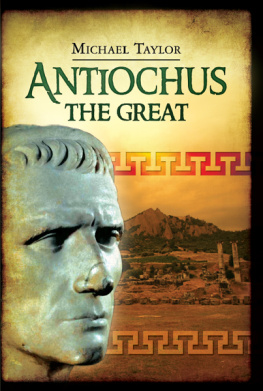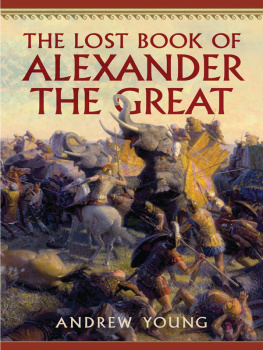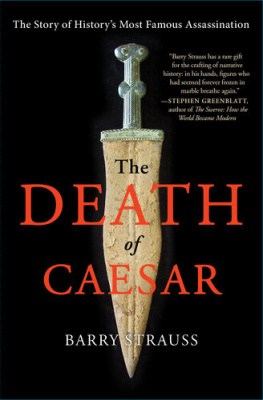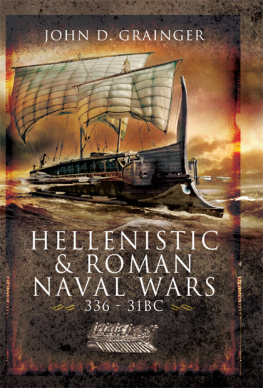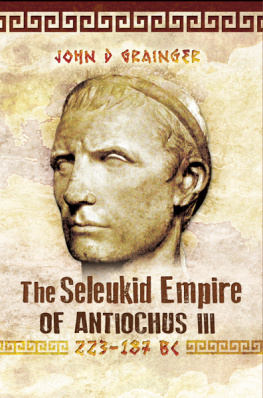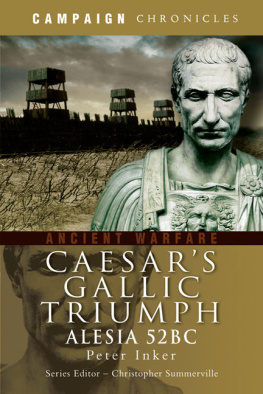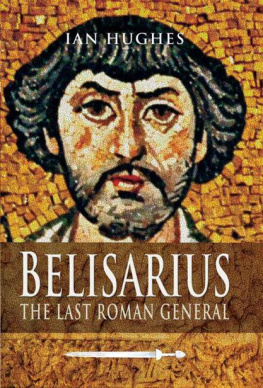First published in Great Britain in 2013 by
Pen & Sword Military
an imprint of
Pen & Sword Books Ltd
47 Church Street
Barnsley
South Yorkshire S70 2AS
Copyright Michael J. Taylor 2013
HARDBACK ISBN: 978 1 84884 463 6
PDF ISBN: 978 1 47383 103 2
EPUB ISBN: 978 1 47382 691 5
PRC ISBN: 978 1 47382 647 2
The right of Michael J. Taylor to be identified as the Author of this
Work has been asserted by him in accordance with the Copyright,
Designs and Patents Act 1988
A CIP catalogue record for this book is available from the British
Library
All rights reserved. No part of this book may be reproduced or
transmitted in any form or by any means, electronic or mechanical
including photocopying, recording or by any information storage
and retrieval system, without permission from the Publisher in
writing.
Typeset in Ehrhardt by
Mac Style, Bridlington, East Yorkshire
Printed and bound in the UK by CPI Group (UK) Ltd, Croydon,
CRO 4YY
Pen & Sword Books Ltd incorporates the imprints of Pen & Sword
Archaeology, Atlas, Aviation, Battleground, Discovery, Family
History, History, Maritime, Military, Naval, Politics, Railways,
Select, Social History, Transport, True Crime, and Claymore Press,
Frontline Books, Leo Cooper, Praetorian Press, Remember When,
Seaforth Publishing and Wharncliffe.
For a complete list of Pen & Sword titles please contact
PEN & SWORD BOOKS LIMITED
47 Church Street, Barnsley, South Yorkshire, S70 2AS, England
E-mail:
Website: www.pen-and-sword.co.uk
Contents
Abbreviations
Prosopography: Grainger, John, A Seleucid Prosopography and Gazetteer, Brill, 1997.
Roman War: Grainger, John, The Roman War of Antiochos the Great, Brill, 2002.
Syrian Wars: Grainger, John, The Syrian Wars, Brill, 2010.
Hellenistic World: Austin, M. M., The Hellenistic World from Alexander to the Roman Conquest.: A Selection of Ancient Sources in Translation, (2nd Edition), Cambridge, 2006.
Coming of Rome: Gruen, Erich, The Hellenistic World and the Coming of Rome, University of California Press, 1984.
Samarkhand: Kuhrt, Amelie and Sherwin White, Susan, From Samarkhand to Sardis: A New Approach to the Seleucid Empire, University of California Press, 1993.
Royal Economy: Aphergis, G.G. The Seleukid Royal Economy: The Finances and Financial Administration of the Seleukid Empire, Cambridge, 2004.
RC: Wells, Bradford, Royal Correspondence in the Hellenistic Period, London, 1934.
Asia Minor: Ma, John, Antiochus III and the Cities of Western Asia Minor, Oxford, 1999.
Antiochos der Grosse: Schmitt, Hatto, Untersuchungen zur Geschichte Antiochos des Grossen und seiner Zeit, Franz Steiner Verlag, 1964.
Mediterranean Anarchy: Eckstein, Arthur, Mediterranean Anarchy: Interstate War and the Rise of Rome, University of California Press, 2006.
Rome Enters the Greek East: Eckstein, Arthur, Rome Enters the Greek East. University of California Press, 2008.
Hellenistic Monarchies: Habicht, Christian, The Hellenistic Monarchies: Selected Papers, University of Michigan Press, 2006.
SEHHW: Rostovetzeff, M. The Social and Economic History of the Hellenistic World (2nd Edition), Oxford: Clarendon Press, 1953.
Institutions: Bickerman, E.J., Institutions Des Seleucides, Paris, 1938.
LCL: Translation taken from the Loeb Classical Library, 1st Edition.
NRSV: Biblical translation taken from the New Revised Standard Version.
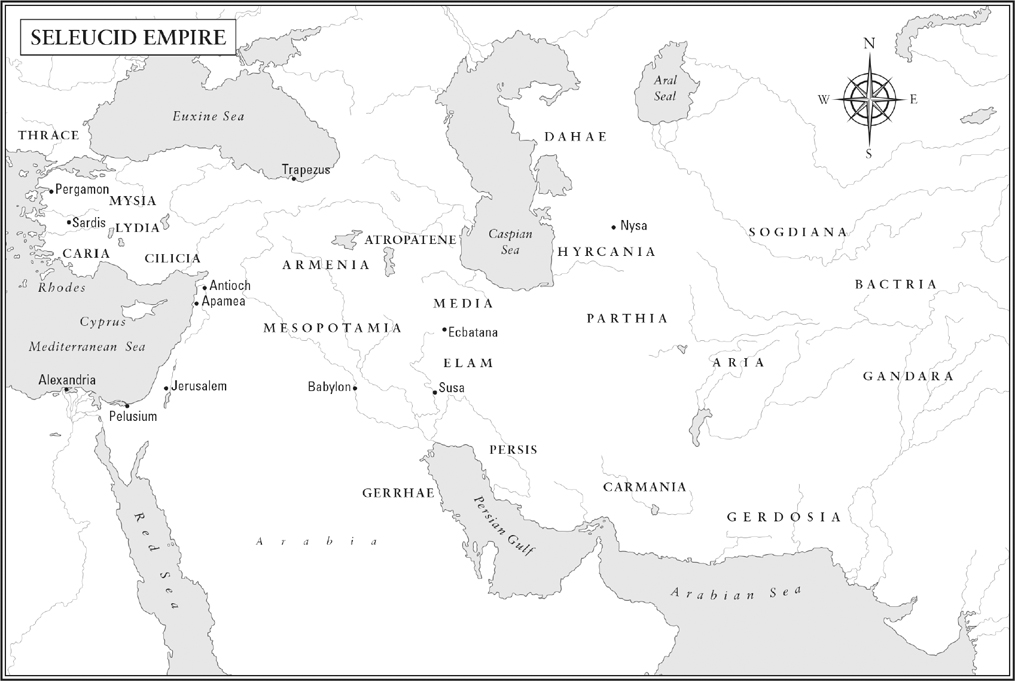
Map 1
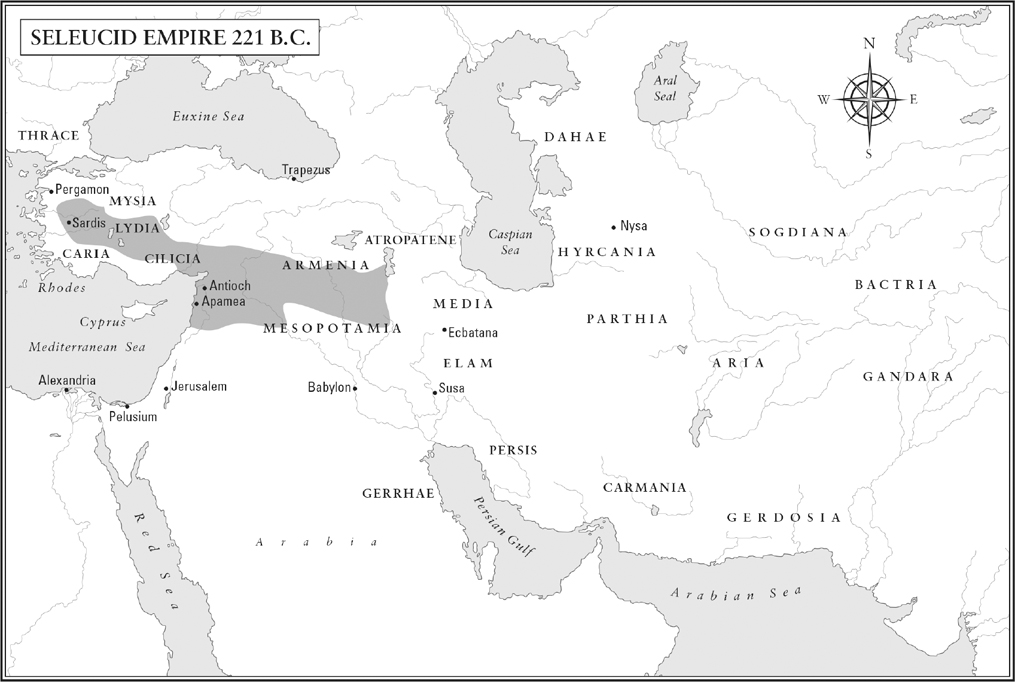
Map 2
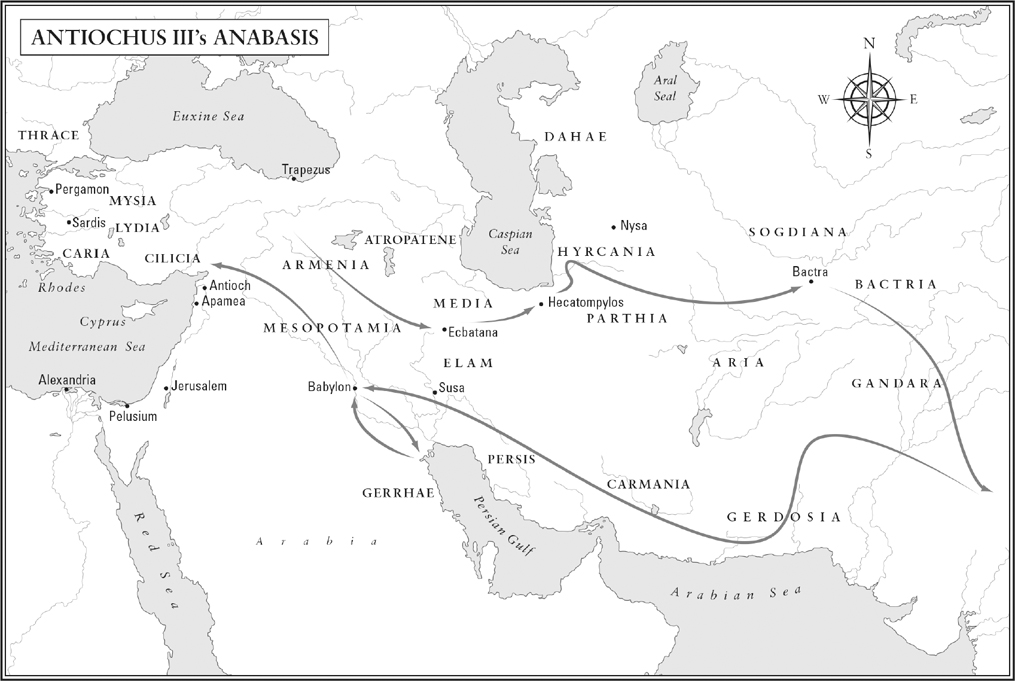
Map 3
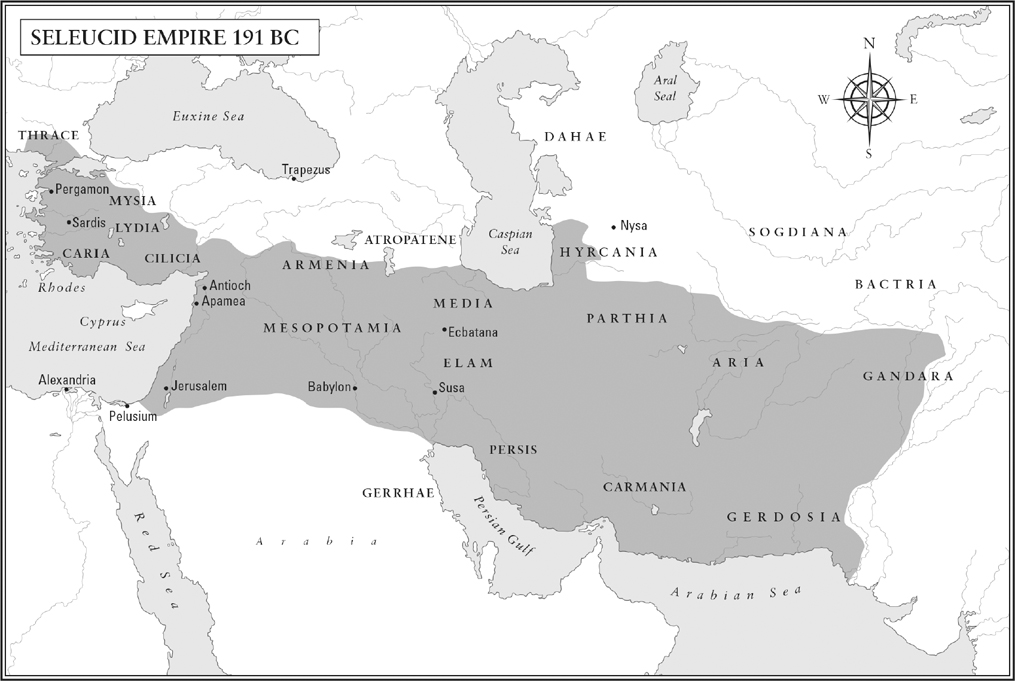
Map 4
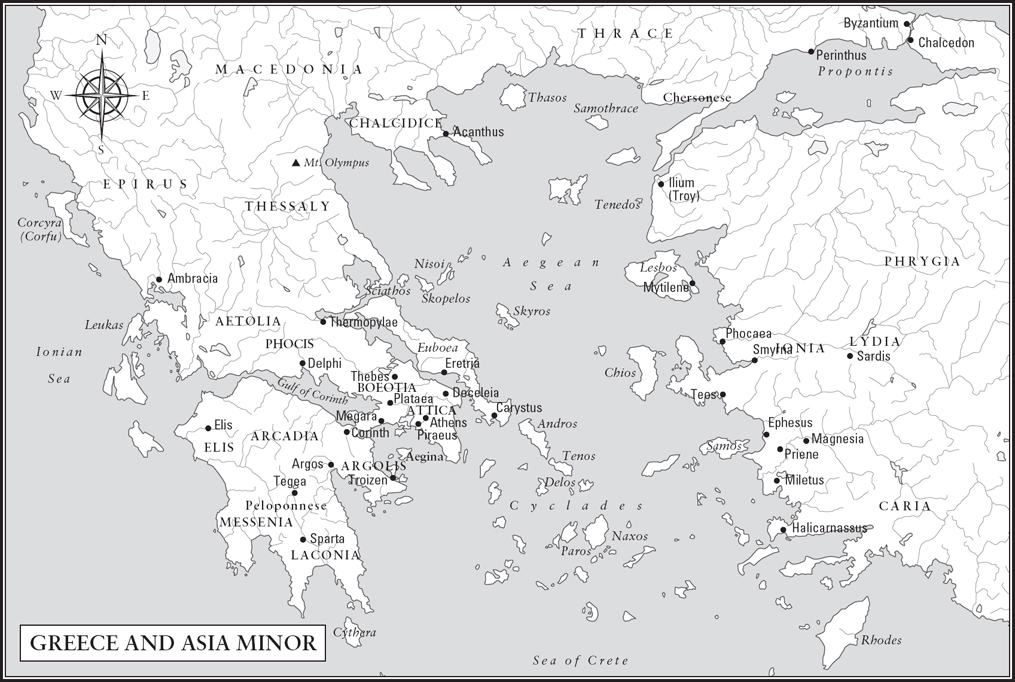
Map 5
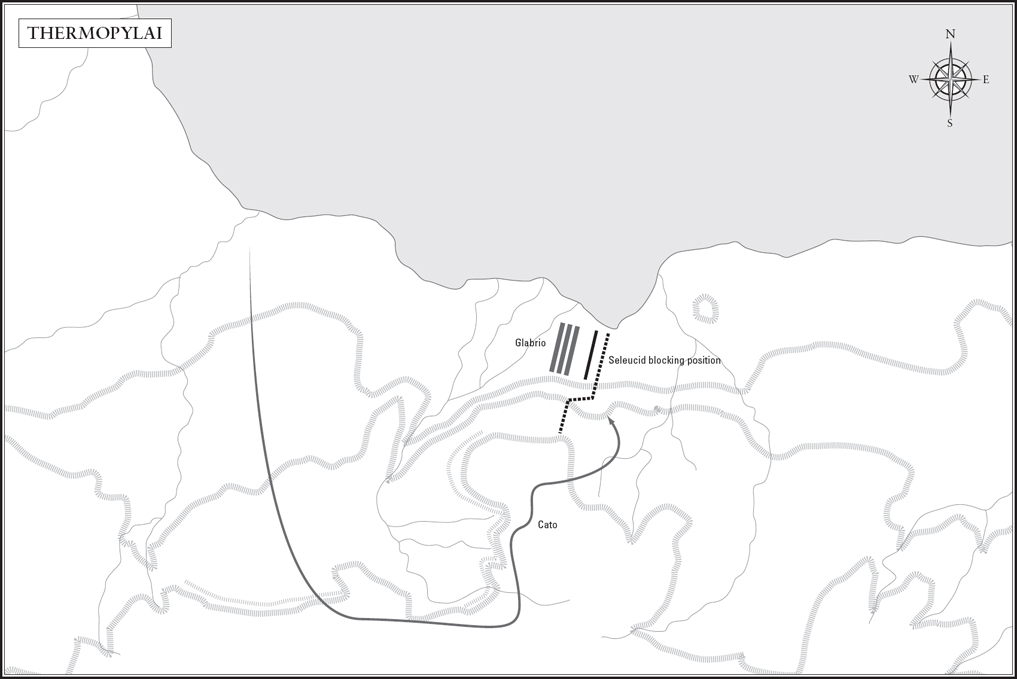
Map 6
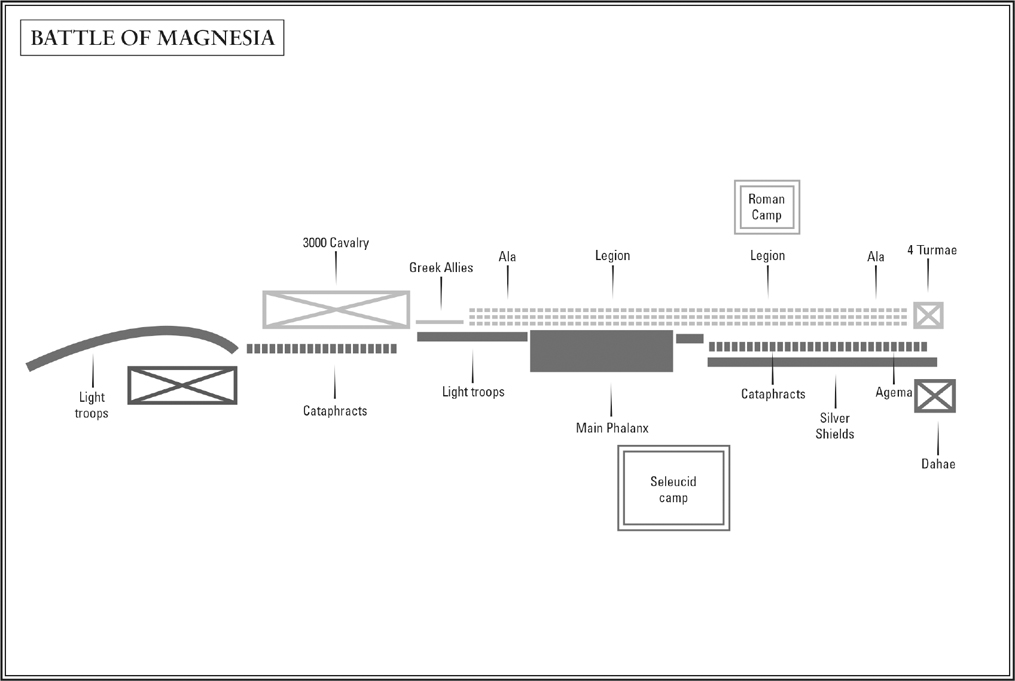
Map 7
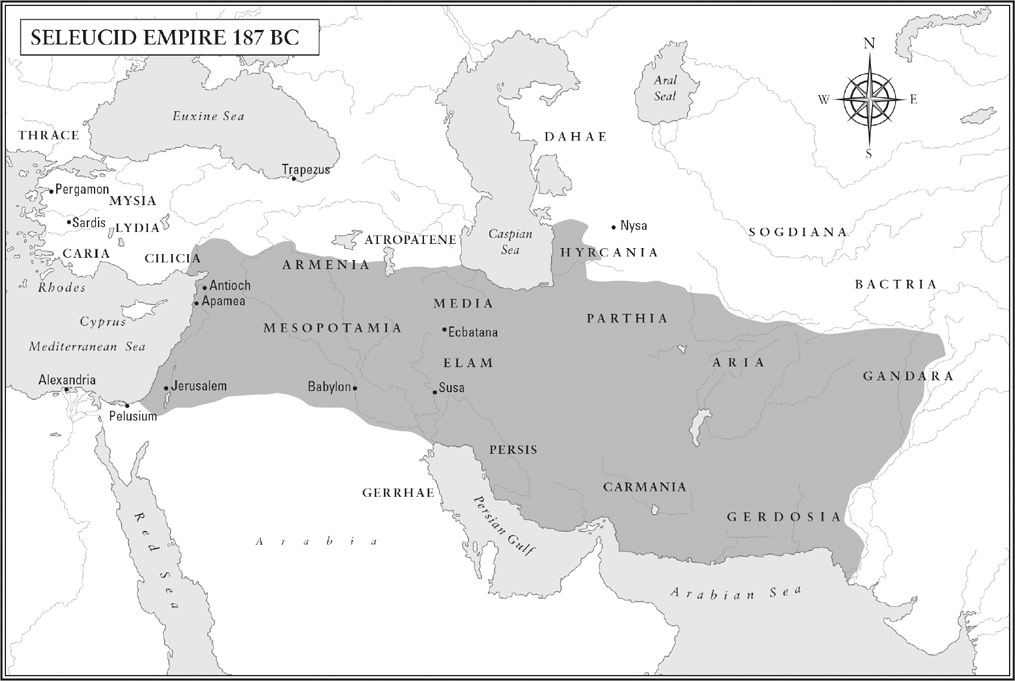
Map 8
Preface
T he last modern biography of Antiochus III was written in German in 1964, by Hatto Schmitt. This present book does not attempt to displace Schmitts academic study of the life of this fascinating king. It is rather designed as a narrative overview of the king and his times, aimed at the widest possible audience. Endnotes are designed less to drive academic arguments, than to acknowledge the heavy lifting that has been done by other scholars, and to provide the reader with a useful guide for further reading. I have, whenever possible, directed readers to quality online resources.
Translations are my own, except when otherwise noted. As a rule, I have translated all but the longest excerpts from the Greek and Latin sources, but I have deferred to the expertise of others for both Greek inscriptions and the cuneiform tablets.
I owe my gratitude to my ever-patient editor at Pen and Sword, Phil Sidnell. I would also like to thank the Brittan Travel Fund in the UC Berkeley Department of Classics, the generosity of which allowed me to visit many relevant sights in Greece through the American School of Classical Studies in Athens. The often anonymous photographers who contribute their shots to Wikimedia proved indispensible in illustrating this book. Special thanks to my wife, Kelsey, for her love and support.
Introduction
O n a cold, damp morning in the autumn of 190 BC, twenty-five thousand Roman and Italian soldiers were ordered to march out of their fortified camp and form themselves for combat. They were very far from home, marshalling upon a foreign plain in the fabled land of Asia. Some of the citizen-soldiers had listened to the debates in Rome to wage war here, watching as some elite politicians counselled diplomatic patience while others demanded immediate war. A few soldiers had even voted in the citizens assembly to formally declare a state of war between the Roman people and King Antiochus. Many had volunteered for service after rumours of the Kings magnificent wealth excited hopes for even a small share of the spoils, yet most were conscripts, peasant boys who had little reason to know or care about a distant king and the vast eastern empire he ruled.
A few were able to hear the fine words of their general, as he rode about at dawn haranguing his troops, laying out the rewards of victory and the bitter consequences of defeat. Their commander had chosen to fight in the horseshoe of two rivers, so that water blocked all hope of retreat.
Intermittent rain fell on the soldiers as they shivered in ranks, and the enemy battleline was obscured by a dense bank of fog. As the sun rose, burning off the mist, the teenaged skirmishers in the front line saw before them an enormous horde, the combined strength of Asia. Dense ranks of pikemen presented an impenetrable mass of iron, ash-wood and bronze, above which loomed the shadow of elephants. From a distance it seemed that the Romans confronted not an army, but rather the walls and towers of an impregnable city. More dangerous was a long line of cavalry, both horse and rider heavily armoured, specifically massed to crash through the Roman legions. Among the metal-clad troopers was the hostile King himself, prepared to personally lead the charge against the Roman invaders. Scanning his foe, the King identified a weakness in the Roman line, and on his command his cavalry surged forward: 16,000 hooves pounded across the plain. Any Roman who believed the bellicose rhetoric promising an easy victory over the effeminate Greeks and Asians knew now that he had been badly deceived. Panic gripped the overstretched Roman infantry line, and the legionaries turned and fled back toward the ramparts of their camp. The entire Roman left wing collapsed before the horsemen of Media, Phrygia, and Syria. In hot pursuit of the fleeing Roman infantrymen was the Great King himself, Antiochus III.
Next page
